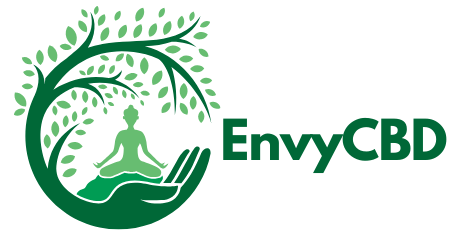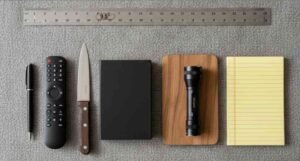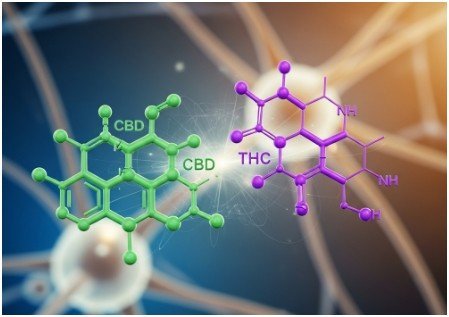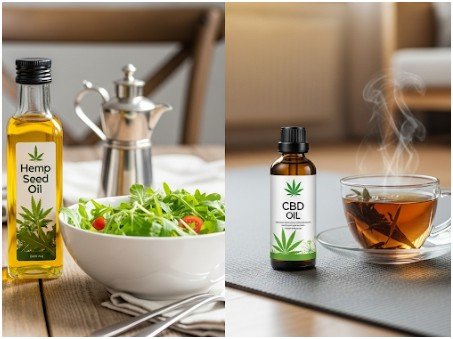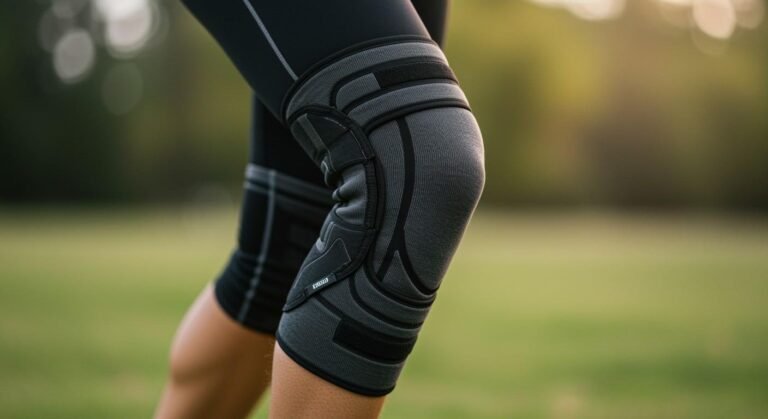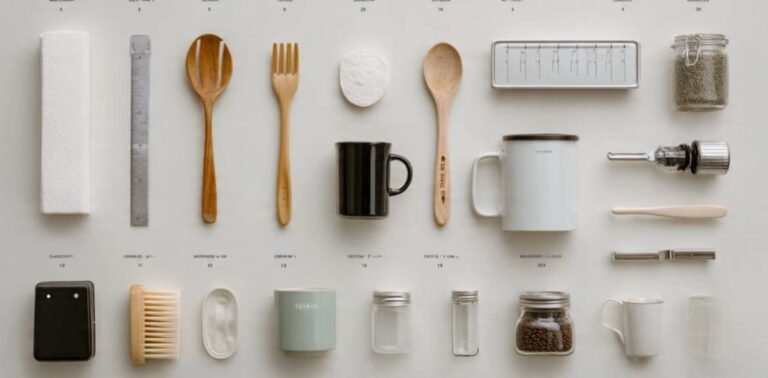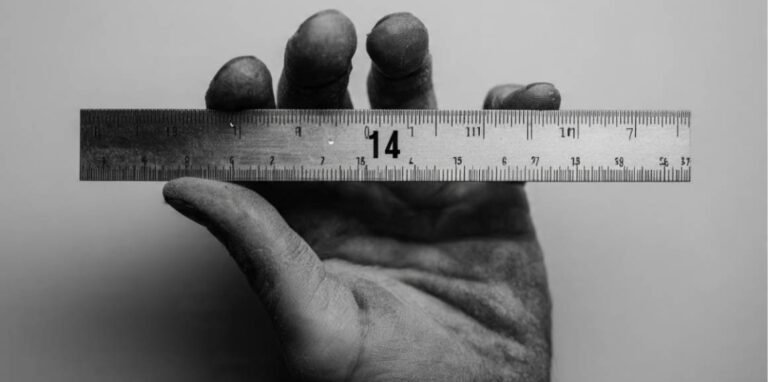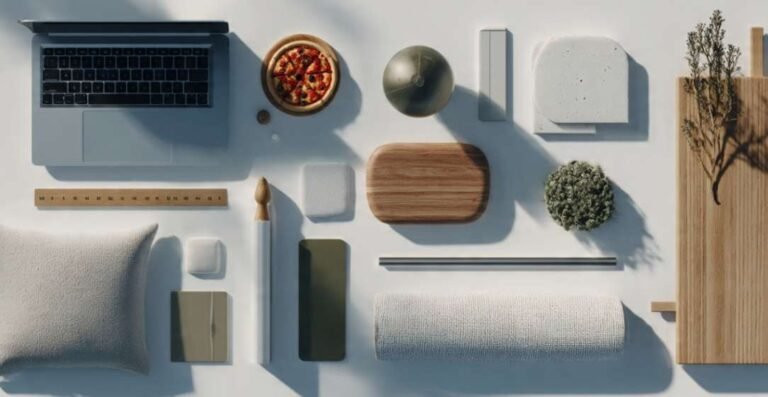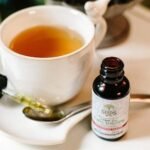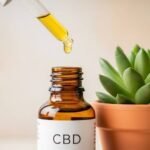As someone who has spent years researching CBD and its effects, I’ve often been asked a particular question: Does CBD really counteract THC?
I can’t count how many times I’ve been at a family gathering or meeting with friends when someone raises their hand and asks this very question.
It’s a bit of a hot topic, and the conversation is often laced with curiosity and skepticism.
Given the buzz around CBD products, many people wonder if combining it with THC will reduce the “high” or unpleasant effects like anxiety and paranoia.
With so much conflicting research and personal stories, it’s easy to get lost in the science, but fear not! Let’s break it down.
What Happens When CBD is Combined with THC?

CBD and THC are two of the most well-known compounds in cannabis, each affecting the body in unique ways.
When used separately, they offer distinct effects—CBD is non-intoxicating. It is often touted for its calming properties, while THC produces the euphoric “high” associated with cannabis use.
But what happens when you mix the two?
Well, the interaction is more complex than we’d like it to be, and the results can vary depending on factors like the CBD:THC ratio, method of consumption, and individual tolerance levels.
Modulation of CB1 Receptors
The key to understanding this relationship lies in how CBD interacts with the CB1 receptors in your brain.
THC binds directly to these receptors, which are primarily responsible for the euphoric effects of cannabis.
CBD, on the other hand, acts as a negative allosteric modulator, meaning it doesn’t bind directly to the CB1 receptor but rather alters its shape, making it more difficult for THC to bind effectively.
This reduces the strength of THC’s effect, potentially softening the high.
Neuroprotective Benefits of CBD
On top of modulating CB1 receptors, CBD has been shown to have neuroprotective properties, which may help counteract the neurotoxic effects of chronic THC use.
For instance, CBD may help protect the hippocampus—the brain region involved in memory and learning—by reducing the negative impact of excessive THC exposure.
While there’s still ongoing research on this, early evidence suggests that CBD may help normalize brain signaling, which is crucial for long-term cognitive health.
Does CBD Actually Reduce THC’s Negative Side Effects?

Many people take CBD in hopes of alleviating the negative effects of THC, such as anxiety or paranoia, but does it work?
CBD for Anxiety Relief
If you’re someone who gets a bit too paranoid after smoking or consuming cannabis, adding CBD to the mix might provide relief.
Studies have suggested that CBD’s ability to activate the 5-HT1A serotonin receptor plays a key role in reducing anxiety.
So, if you tend to feel uneasy after a joint or an edible, a balanced CBD-to-THC product might help ease those anxious feelings.
Mixed Research Findings: The Complexity of Cannabis
Now, here’s where it gets tricky. While many studies show that CBD can alleviate anxiety caused by THC, some recent research suggests that this may not always be the case.
For example, a study from Johns Hopkins University found that in some cases, high doses of CBD might actually intensify the negative effects of THC, particularly when consumed in edibles.
This is because CBD can inhibit the metabolism of THC, leading to higher concentrations of THC in the bloodstream.
So, what does this mean? If you’re using a high-THC product and hoping for CBD to act as a safeguard, you might not always get the desired outcome.
The type of cannabis product (e.g., flower vs. edibles) and the CBD:THC ratio are significant factors that influence how well CBD might mitigate THC’s effects.
How to Mix CBD and THC for the Best Experience

You might be wondering: How do I safely experiment with CBD and THC together?
Start Low, Go Slow
If you’re new to using both compounds, the golden rule is to start low and go slow. You want to find the right ratio that works for your body and needs.
I suggest beginning with a 1:1 ratio of CBD and THC, as this seems to offer a balanced experience without being overly intoxicating.
When consumed in a balanced ratio, THC’s psychoactive effects are moderated, which means you still get the benefits. Benefits of the “high” without the uncomfortable anxiety or cognitive impairment.
Experiment with Different Ratios
Once you’re comfortable with the 1:1 ratio, you can explore higher CBD-to-THC ratios, such as 2:1 or even 5:1.
These products tend to have a more calming effect, with CBD acting as a stabilizing agent, reducing the intensity of the THC high while still providing therapeutic benefits.
Choose Your Delivery Method Wisely
The method of consumption plays a significant role in how CBD and THC interact.
Inhalation (vaping or smoking) tends to provide faster effects, but these effects are short-lived. Edibles, on the other hand, take longer to kick in but have a more prolonged impact.
If you’re using edibles, be sure to give yourself time to feel the effects before consuming more, especially if you’re new to cannabis.
FAQ: Your Top Questions About CBD and THC Answered
Can CBD fully “sober me up” if I’ve consumed too much THC?
Unfortunately, CBD can’t act as a complete “sober-up” button. While it may mitigate some of the negative effects of THC, it won’t fully reverse the high.
If you’ve overindulged, the best remedy is time, hydration, and perhaps a small dose of CBD to help calm your nerves.
Will CBD make THC’s effects stronger?
In some cases, yes. As noted in some studies, particularly with edibles, CBD can inhibit the metabolism of THC, leading to higher levels of THC in the bloodstream.
This could potentially intensify THC’s effects, especially for infrequent users. Always start with low doses to gauge how your body reacts.
How do I know if a product has the right CBD-to-THC ratio for me?
Look for products that clearly list the CBD-to-THC ratio on the label. For beginners, a 1:1 ratio is a good starting point.
If you’re looking for more calming effects, consider higher CBD ratios like 2:1 or 5:1. Pay attention to how your body responds and adjust accordingly.
The Final Word: Don’t Overthink It, Just Find What Works for You!
CBD’s relationship with THC is undoubtedly fascinating, but it’s also complex.
While CBD can mitigate some of THC’s negative effects, the results vary widely depending on your unique body chemistry, the products you choose, and your consumption method.
If you’re unsure, start low, go slow, and always be mindful of your personal limits.
Ultimately, it’s all about experimenting and discovering what works best for you. After all, cannabis is a journey, not a destination. So, have fun, take it easy, and don’t forget to enjoy the ride.
Stay balanced, stay informed, and always choose what feels right for you.
